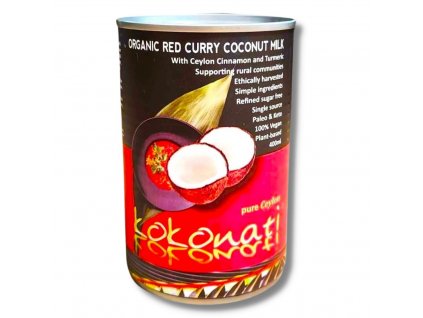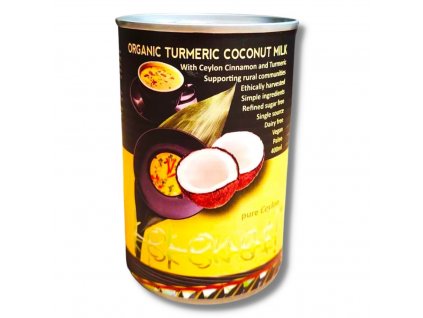Pickled green jackfruit pieces low carb, bez lepku, nízký glykemický index 17 - 500 g

Unikátní produkty
Dovážíme originální zahraniční výrobky, které lokální trh postrádá

Balíme rychle a ekologicky
Odesíláme do 24-48 hodin, vše v recyklovaných materiálech

Záruka kvality
Značky vybíráme srdcem a řídíme se heslem – raději méně, ale kvalitně

Doprava zdarma
Utraťte min. 4000 Kč a neplaťte poštovné do Balíkovny
Related products
Product detailed description
Why try jackfruit (breadfruit)?
When you think of products that could be a suitable meat substitute, fruit probably doesn't come to mind first, but one fruit is getting a lot of attention because it can mimic some types of meat: Jackfruit.
Pieces of Ceylon Kokonati's green breadfruit, which comes from a USDA certified organic growing source, is raw, and is also an indigenous variety (see the description below for more information on what heirloom or indigenous variety is), are your sure-fire choice for not buying a low-quality psedu-food masquerading as organic (the private labels of big chains, etc., of which the market is full).
You know that the fruit comes from a single source in Sri Lanka, and by buying it you are directly supporting the farmers who grow it for you, instead of corporations and middlemen. You are buying real quality directly from the source.
What is a breadfruit tree?
Jackfruit is a large fruit from the jack tree, which is related to the fig and mulberry trees. They are the largest fruit of all the trees - commonly weighing up to 45 kg.
Young breadfruit trees have green skin which turns brown as the fruit ripens. The seeds are edible and can be cooked or ground into flour, which we offer from the same producer.
When the fruit is fully ripe, the flesh is orange inside, juicy and fragrant and tastes like a combination of banana and mango. When young, however, the pale, immature flesh has a starchy, fibrous texture which can be easily crushed and flavoured to resemble pork.
Where does jackfruit come from?
Jackfruit is native to southern India and is cultivated throughout Southeast Asia and the tropics. Where it grows, the fruit is used in traditional dishes both green and ripe.
According to Emily Stephenson of Eater magazine, the current Western fashion for pulled pork sandwiches started around 2010 or 2011.
So while it may seem like a new fad, jackfruit actually has a long and rich culinary history in Southeast Asia.
What is the difference between jackfruit and other meat alternatives?
Jackfruit as an unripe fruit contains very little protein, about 2 g per half cup. While most other meat substitutes are eaten for the protein they provide, jackfruit has become popular simply because this fibrous fruit resembles pork when cooked.
Although tasty and full of fibre, it is less nutritious than other meat substitutes. This is especially true when eating unripe fruit, which has not yet developed the same vitamin C and other nutrient content as ripe fruit.
What do I need to know to start cooking with breadfruit?
If you use canned breadfruit, make sure to rinse off as much of the brine as possible. I like to soak it in cold water for a few hours to get as much salt out of it as possible.
You probably won't need to add salt either, so taste the jackfruit before adding soy sauce or salty seasoning.
- Cut the fruit into triangles and, if you like, you can remove the small seeds.
- Then you simply simmer the fruit in some sauce you prepare and mash with a mortar and pestle.
If you're trying jackfruit for the first time, try preparing it as "pulled pork" as shown in the recipe below. It's also good in tacos, burgers and meatloaf, where it adds a meaty texture.
In the countries of its origin, breadfruit is used as a vegetable and can be added to stir-fries, curries or fried rice, so feel free to experiment there too.
If you like curry and want to make the preparation as simple as possible, also buy pre-made sauces from the same manufacturer. We have them in three versions, green, yellow and red curry. Buy here.
Recipe for the best jackfruit pulled pork in a sauce of coconut syrup and spicy sriracha sauce
In this yummy recipe, jackfruit is simmered in apple juice, coconut syrup and Asian chilli-garlic sriracha sauce. After a long simmer, it is mashed into tender, juicy pieces resembling pork.
This recipe is for 6 servings, preparation takes about 15 minutes and cooking takes about 30 minutes.
Turning a can of unfamiliar fruit into a meat alternative may sound daunting, but canned breadfruit in brine is already cut and cooked, so you're halfway there.
One crucial piece of advice: you need to get rid of the taste of the brine as much as possible. Most low-acid canned vegetables, such as artichoke hearts, are packaged in the same type of brine.
- To remove the salty and sour taste of the liquid, we always soak the drained breadfruit in cold water, preferably overnight.
- Add salt to the dish only at the very end, after tasting. Jackfruit is usually salted sufficiently.
Ingredients
- 2 cans of breadfruit in brine
- 1 large onion
- 1 tablespoon of extra virgin olive oil - you can buy the best here.
- 1/2 cup coconut syrup or nectar - we offer both products from Ceylon Kokonati.
- 1/4 cup Asian chilli-garlic Sriracha sauce - try the delicious Hunter and Gather sriracha without additives and sugar.
- 2 tablespoons tomato puree
- 1 tablespoon rice vinegar
- 2 cups apple juice
- 6 whole wheat hamburger buns
Serve with shredded cabbage and slices of avocado, fresh pineapple or mango. Or make a healthy coleslaw salad with the best mayonnaise from Hunter and Gather. In avocado version or olive version.
The enormous nutritional potential of breadfruit - a study
In the link below you will find links to studies on this little-known fruit.
Jackfruit and Its Many Functional Components as Related to Human Health: A Review
Read more on this topic
- Fruit flours I. - Breadfruit flour
- 9 Wonderful Benefits Of Jackfruit Seeds You Probably Didn't Know + A Killer Recipe
- Fruit flours II - Green banana flour
- Gluten-free diet not only for celiacs?
- Discover low carb or more energy, less sugar
- Vegetarian and vegan diet
- What to eat in winter to stay healthy?
- How to prevent Christmas overeating or mitigate its effects
- Enhance your workout with the right and effective supplements
What is a heirloom variety?
A so-called heirloom variety (whether of plants, seeds, fruits or vegetables) is an open-pollinated variety that was commonly cultivated in earlier times in human history, but is not used in modern large-scale agriculture because of the cartel-like behavior of a large corporation like Monsanto, which is behind the destruction of ancient seeds and the food chain in general across the planet.
See the document below. And here is a link to the website of a Canadian university, The University of British Columbia, which explains briefly what it is. If you do not speak English, use the online translator: deepl.com
We have translated this paragraph from the English Wikipedia:
Before the industrialisation of agriculture, a much wider variety of plant foods were grown for human consumption, mainly because farmers and gardeners saved seeds and cuttings for future planting. From the 16th century to the early 20th century, the diversity was enormous.
The old nursery catalogues were full of plums, peaches, pears and apples of many varieties and the seed catalogues offered legions of vegetable varieties. These catalogues were used to sell and trade valuable and carefully selected seeds along with useful advice on growing.
Since the Second World War, agriculture in the industrialised world has consisted mainly of food crops grown on large monoculture plots. Only a few varieties of each type of crop are grown to achieve the greatest consistency.
These varieties are often selected for their productivity and their ability to ripen at the same time and withstand mechanical harvesting and transport across borders, as well as their resistance to drought, frost or pesticides. This form of agriculture has led to a 75% decline in the genetic diversity of crops.
Although heirloom or heirloom cultivation has retained its place in local communities, it has seen a resurgence in recent years in response to the trend towards industrial agriculture. In the southern hemisphere, heirloom plants are still widely cultivated, for example in home gardens in South and Southeast Asia.
Before the Second World War, most of the products grown in the United States were heirloom varieties, but this was abandoned with the arrival of Monsanto.
Other sources of articles:
- The practice of Monsanto and BASF of Germany in pushing dicamba (a weed killer) on American farmers
- The Guardian:Revealed: Monsanto predicted cropping system will damage US farms
In the 21st century, many communities around the world are working to preserve historic varieties so that a wide range of fruits, vegetables, herbs and flowers are once again available to growers by restoring old orchards, sourcing historic fruit varieties, engaging in seed swaps and encouraging community participation.

Ceylon Kokonati uses only single origin, ethically harvested non GMO ingredients for their products. Their products are vegan, gluten-free, suitable for keto, paleo and raw diets. They do not contain any refined white sugar.
By buying them, you support traditional livelihoods and reduce your carbon footprint - because the products are produced and packaged right at the harvest site. Ceylon Kokonati strives for 100% zero waste production.
This product is internationally accredited by Control Union, certified organic (EU and USDA NOP), ISO and/or HACCP certified.
Ceylon Kokonati manufactures its products in a family-run sweatshop, pays fair prices to its suppliers and manufacturers, and incorporates generations of knowledge into its production processes. It uses only the highest quality ingredients.
So you can be sure that you are getting premium quality at a premium price. By purchasing products, you will be supporting the traditional livelihoods of villagers in the dry areas of Sri Lanka. This allows the villagers to benefit from their years of knowledge and expertise.
The sale of these products plays a vital role in employment and economic support for the village community. Ceylon Kokonati provides the children of its employees with school books and stationery for the entire school year.
What is single origin or "single origin"?
This claim means that the raw material comes from one geographical area(as opposed to raw materials taken from several countries around the world and then mixed together = a common practice for cheap products from so-called private labels).
None of Ceylon Kokonati's products is a so-called blend of several different ingredients from different parts of the world, bought at the cheapest prices. In English it is called'not blended'.
The fact that Ceylon Kokonati's ingredients/products are "single origin" from Sri Lanka only, means that the consumer's taste buds have a more consistent and higher quality experience, from batch to batch.
It is almost impossible to achieve an absolutely consistent taste without losing the natural flavour of the raw material. This is especially the case when the raw material for the production of a product is sourced from different places and of different quality.
In addition, you have no guarantee that it is really a pure and freshly produced product in organic quality.
Additional parameters
| Category: | Ceylon Kokonati |
|---|---|
| Certification: | USDA Organic |
| Size: | 400 g |
| Specs: | Vegan, Gluten Free, Low carb, No added sugar, Organic certification, Cruelty Free, Vegetarian, GMO Free |
| Proč koupit: | Jediná ingredience, balena u zdroje, nikdy žádné příměsy, single-origin, GMO-free a vegan. |
| Vhodné pro: | GMO Free-Low Carb-Sugar Free-Vegan-Bezlepková dieta |
| Výrobce: | Ceylon Kokonati |
| Země původu: | Srí Lanka |
Green Jackfruit - A Superfood For Diabetes
Jackfruit PULLED "PORK" TACOS + Sugar-free BBQ Sauce Recipe |
Be the first who will post an article to this item!
Be the first who will post an article to this item!
Značka Ceilon Kokonati vznikla v roce 2013. V jejím sortimentu můžete najít řadu vysoce kvalitních a cenově dostupných produktů z kokosových ořechů, koření a tropického ovoce, vyráběných udržitelným způsobem.
Název značky odkazuje na zemi, kterou její zakladatelé považují za svůj domov Cejlon na Srí Lance, kde se také kokosy pro výrobu této kokosové řady produktů pěstují i zpracovávají. Cejlon, britská korunní kolonie v letech 1815-1948, je nyní známý jako Srí Lanka, ale zakladatelé značky mu raději říkají Cejlon, protože to rozhodně zní exotičtěji a "čistý Cejlon" je značka sama o sobě, připomínající svěží jedinečnou esenci čistého cejlonského čaje. “Kokonati” je zase maorský výraz pro kokos, takže naprosto nejvhodnější název značky těch nejkokosovatějších dobrot vůbec.
Značku Ceilon Kokonati vede manželský pár. Ženskou zakladatelskou polovičkou je paní Bûmika, což v sanskrtu znamená Paní Země. Její pradědeček byl jedním z průkopníků lisování kokosového oleje na Cejlonu, takže je již čtvrtou generací lisovače kokosového oleje. Mužská zakladatelská polovička, pan Mosqi, je zase původně pěstitelem čistého cejlonského čaje.
Ceilon Kokonati je stoprocentně vlastněna a provozována na Novém Zélandu. Sypké produkty od Kokonati používá několik etických značek, které vyrábějí čisté, ekologické potraviny a kosmetické výrobky. Prodejem výrobků Kokonati jsou podporovány venkovské komunity a tradiční způsoby obživy. Všechny jejich výrobky jsou eticky sklízeny a při jejich výrobě nevzniká téměř žádný odpad. Každá část kokosového ořechu je využita při výrobě jiného produktu. Výrobky Kokonati jsou jednosložkové, balené přímo u zdroje, nikdy nemíchané, jednodruhové, bez GMO a veganské.
Díky nadšení pro ekologické, regenerativní zemědělství, udržitelnost a kolektivní partnerství pocházejí výrobky Kokonati pouze z drobných farem a mlýnů ve venkovských vesnicích na Srí Lance. Každý výrobek Kokonati se vyrábí ve specializovaném mlýně, který produkuje pouze daný typ výrobku. Kvalita je tedy nejlepší, jaká může být, a každý krok výroby je podpořen zkušenostmi a znalostmi mnoha generací. Cejlon je požehnán množstvím zdravého, exotického ovoce, ořechů, bylin a koření.
Ceilon Kokonati se řídí zásadami vyváženého života - žij a nech žít.
Snaží se o to, aby vše zůstalo v ještě lepším stavu, než když to našli…

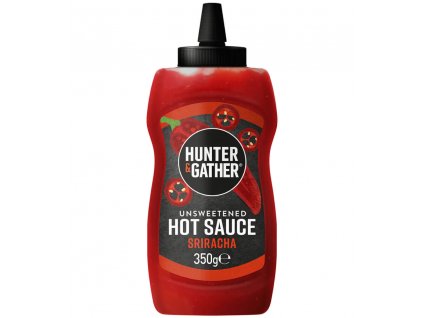

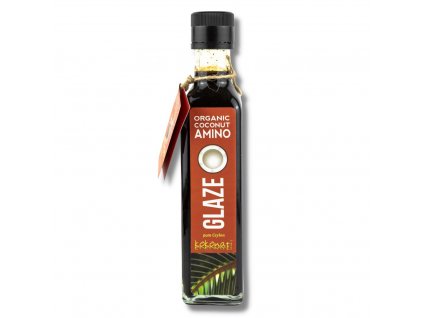
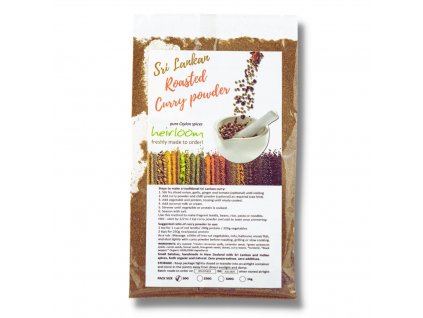
.jpg)
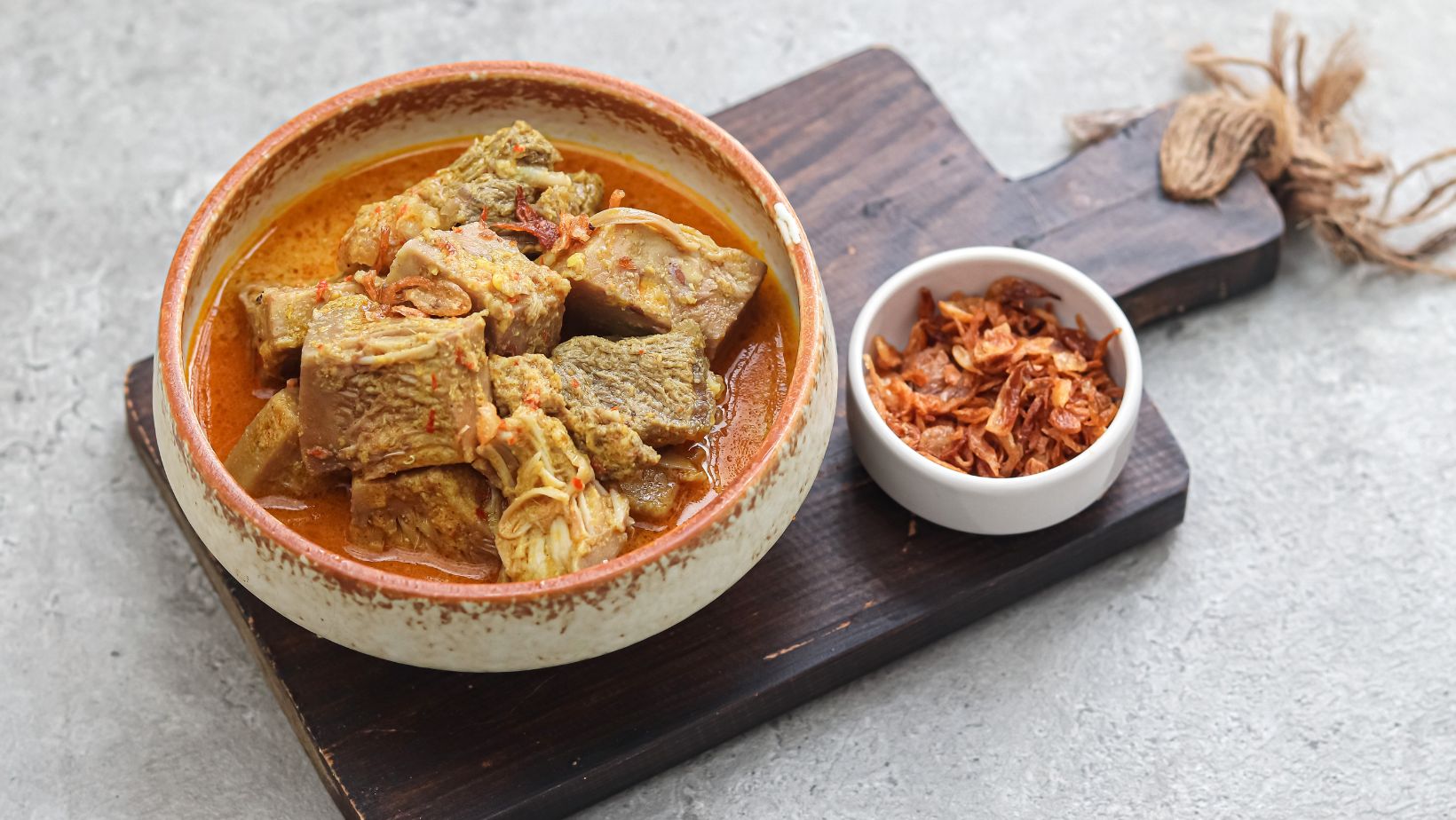
.jpg)
